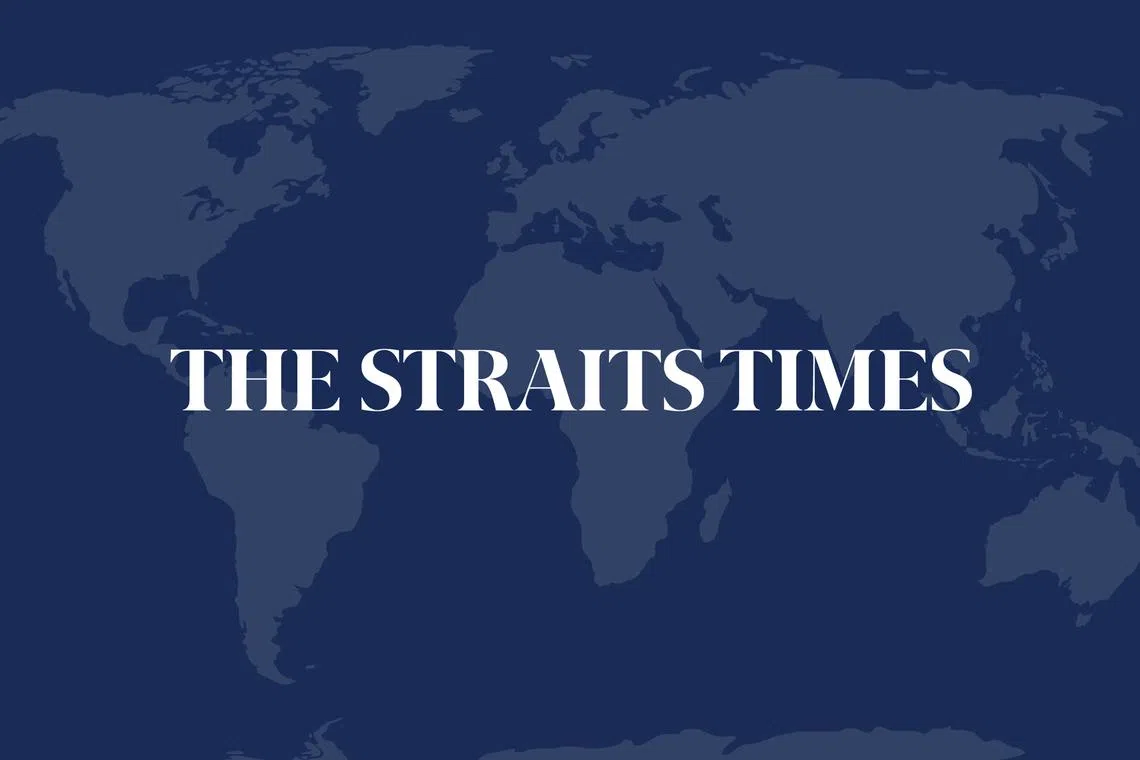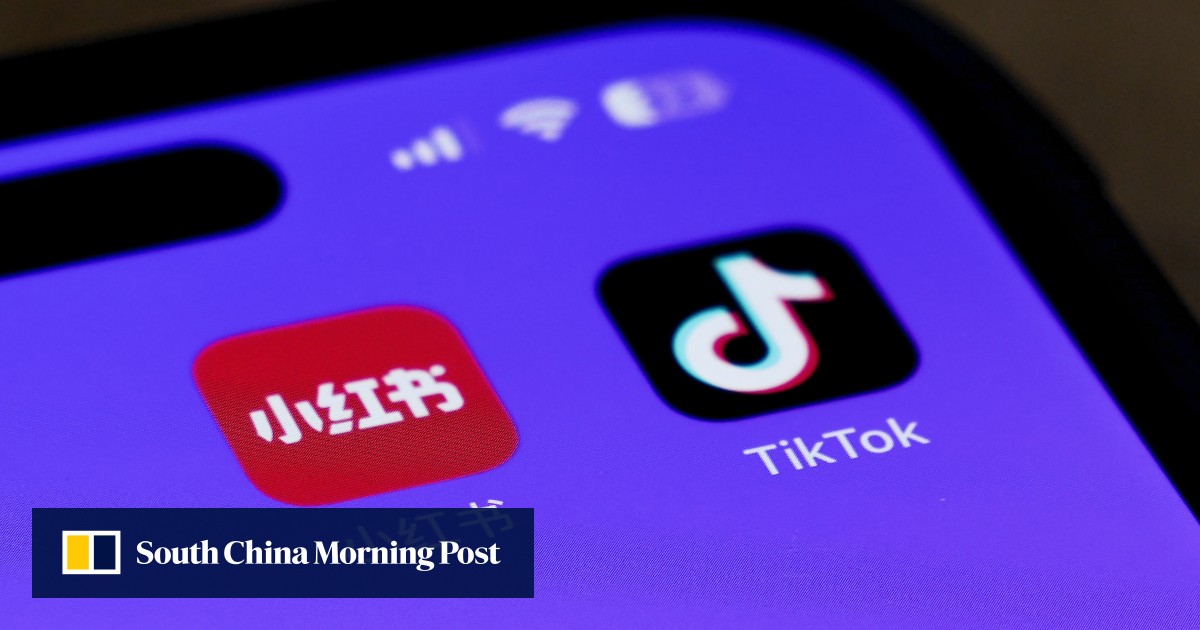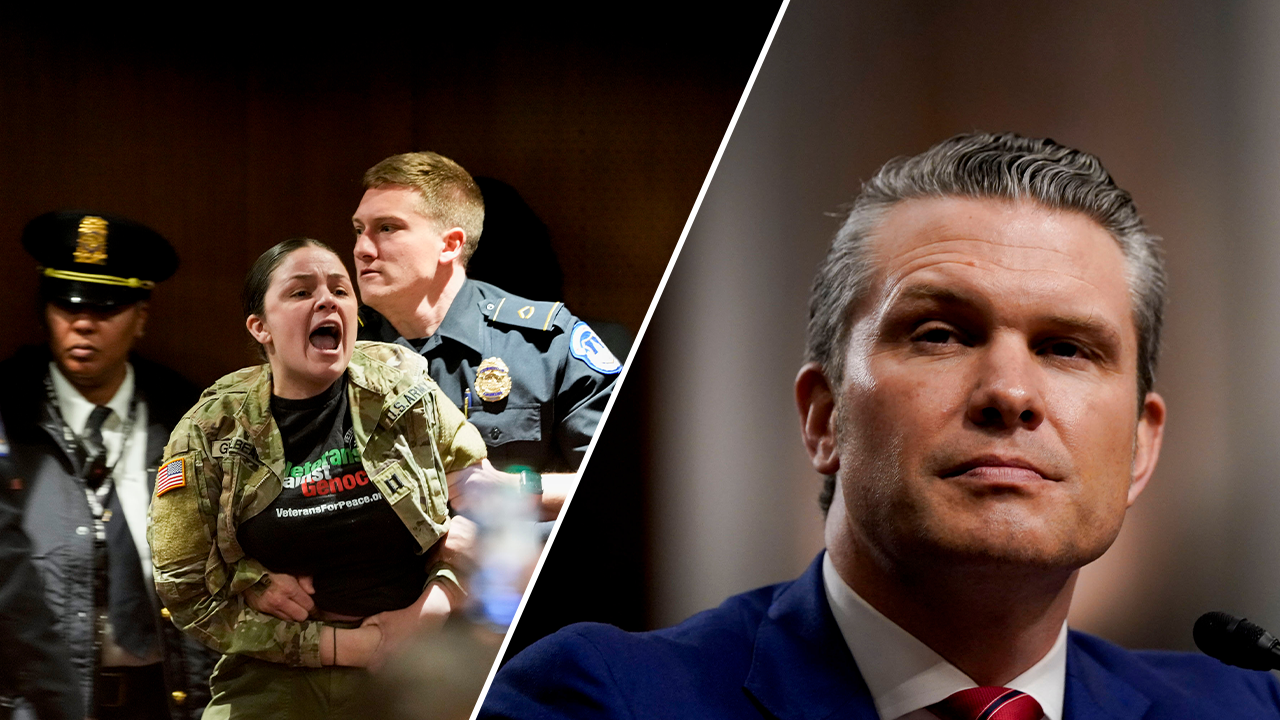SEOUL - In a strange twist to the political saga that continues to unfold in South Korea, some ruling party lawmakers and supporters of beleaguered President Yoon Suk Yeol are blaming Chinese influence for his impeachment.
The controversy started when ruling People Power Party (PPP) lawmaker Kim Min-jeon alleged at a pro-Yoon rally on Jan 2 that she had encountered many Chinese people who supported the impeachment, and later shared on social media a photograph of an anti-Yoon rally attendee wearing a winter jacket emblazoned with China’s Tsinghua University logo.
She later deleted the photo when pressed for details of its veracity.
A second PPP lawmaker, Mr Yoo Sang-bum, also shared on social media a netizen’s claim to have heard Chinese “spoken all around” at a pro-impeachment rally.
On the internet, speculation ran rife as chatrooms shared photos of a car bumper sticker with Chinese characters that literally translated into “Sweep Korea Action Team”, which netizens interpreted as a slogan to eliminate South Korea.
Photos of light sticks made from recycled milk cartons bearing Chinese characters being used at the rally added fuel to the conspiracy theory fire.
These allegations of Chinese interference in the country’s political crisis, some of which have been debunked, are seen by analysts as attempts by the PPP to deflect attention from its political woes while driving public opinion against the opposition.
Fact-checking investigations by several local media on some of the allegations have shown that they bore no grounds.
The “Sweep Korea Action Team” refers to “sweeping the shelves” and is the name of a group-purchase service targeted at Chinese customers, while the recycled milk cartons used to make the light sticks originated from Taiwan.
The owner of the zero-waste store Almang Market, which made those light sticks, told South Korean news outlet Media Today that he received many online threats asking him if he was Chinese and to prove his South Korean nationality.
He said: “No matter how much we denied it, the truth wasn’t important to those people. They just needed more stories to support their convictions and exaggeration seemed to be the key.”
The conspiracy talk was sparked by Mr Yoon himself during his public address on Dec 12 to defend his short-lived Dec 3 martial law declaration.
He cited in his speech security concerns over a Chinese man who took drone footage of the country’s National Intelligence Service headquarters, and also said that “China-made solar power facilities will destroy forests across the country”.
Mr Yoon is currently facing repercussions for his martial law declaration, with the Constitutional Court set to decide on his impeachment before mid-June, while criminal investigations on insurrection charges against him are being carried out, which led to his arrest on Jan 15.
If his impeachment by Parliament on Dec 14 is upheld by the court, snap presidential elections have to be called within 60 days.
In response to Mr Yoon’s remarks on Dec 12, the Chinese Foreign Ministry had said it was “deeply surprised and dissatisfied” at his “false charges” and voiced its opposition to South Korea “linking its internal issues with factors related to China”.
Amid the speculations, the Chinese Embassy in Korea issued a notice on Jan 4 to warn its nationals not to participate in political activities. Under South Korean laws, foreigners are not allowed to participate in political activities, and violations could lead to deportation.
Mr Park Seok-woon, who heads the Korea Alliance for Progressive Movement, one of the civic groups organising pro-impeachment rallies against Mr Yoon, dismissed the speculation as nothing more than “fake and fabricated news”.
“The Yoon supporters must be really desperate to resort to spreading fake news about Chinese influences on our rallies,” he told The Straits Times.
Dr Lee Seong-hyon, a senior fellow at George H. W. Bush Foundation for US-China Relations, told ST that the PPP lawmakers’ claims of Chinese involvement is likely an attempt to divert attention from the impeachment and the party’s own internal crisis.
“Since these allegations have been debunked by South Korean media, this tactic is likely to backfire and further damage the PPP’s credibility. It reinforces the perception that the party is resorting to disinformation and conspiracy theories instead of addressing the fundamental issues behind Yoon’s impeachment.”
Opposition Democratic Party (DP) leader Lee Jae-myung, who is viewed as the strongest presidential election contender should snap presidential polls be called, was also dragged into the fray earlier in January.
The PPP accused him of secretly meeting a group of Chinese reporters based in Seoul on Jan 8, saying the Chinese media is “highly likely to report what was discussed directly to the Chinese government”.
The meeting turned out to be a not-for-reporting session with mostly Japanese media, several major international publications and representatives from two Chinese media outlets.
DP’s Supreme Council member Lee Un-ju who was present at the meeting told reporters: “As if the country’s image wasn’t degraded enough by the martial law incident, now the PPP are even resorting to smearing the reputation of foreign media in the country, this brings additional shame to the country.”
The group of foreign journalists released a separate statement expressing “deep regret regarding the baseless allegations”.
Research fellow Lee Dong-gyu from the Asan Institute for Policy Studies in Seoul said: “Spreading wild rumours that China is interfering in South Korean domestic politics is aimed at provoking anti-Chinese sentiment to incite a backlash against the DP.”
The DP is seen as being pro-China and anti-Japan, with its leader Lee being known for his pro-China remarks. He sparked controversy in the run-up to the general election in April 2024 when he said “xie xie” (“thanks” in Chinese) during a campaign speech.
Dr Lee Seong-hyon suggested that the pro-Yoon camp is relying on anti-China and pro-US rhetoric to appeal to its conservative base and “aligning with the incoming (Donald) Trump administration’s expected tough stance on China”.
He does not expect the DP leader to dramatically reverse South Korea’s foreign policy direction should he become president, given the “domestic political uncertainty and a fluid global political environment”, although he expects a slight change in approach.
He noted that Mr Lee’s meeting with a diverse range of international media reflects a pragmatic approach to foreign relations.
“It signals a potential shift from Yoon’s more clearly pro-American foreign policy stance and laying the groundwork for a more balanced diplomatic approach if he becomes president.”
Rallies both in support of and against Mr Yoon are set to go on for weeks to come, as civic groups organising the rallies said they will continue to do so until the President’s impeachment trial reaches a conclusion.
- Wendy Teo is The Straits Times’ South Korea correspondent, based in Seoul. She covers issues concerning the two Koreas.
Join ST's Telegram channel and get the latest breaking news delivered to you.

 By The Straits Times | Created at 2025-01-17 14:20:17 | Updated at 2025-01-21 14:08:26
4 days ago
By The Straits Times | Created at 2025-01-17 14:20:17 | Updated at 2025-01-21 14:08:26
4 days ago








